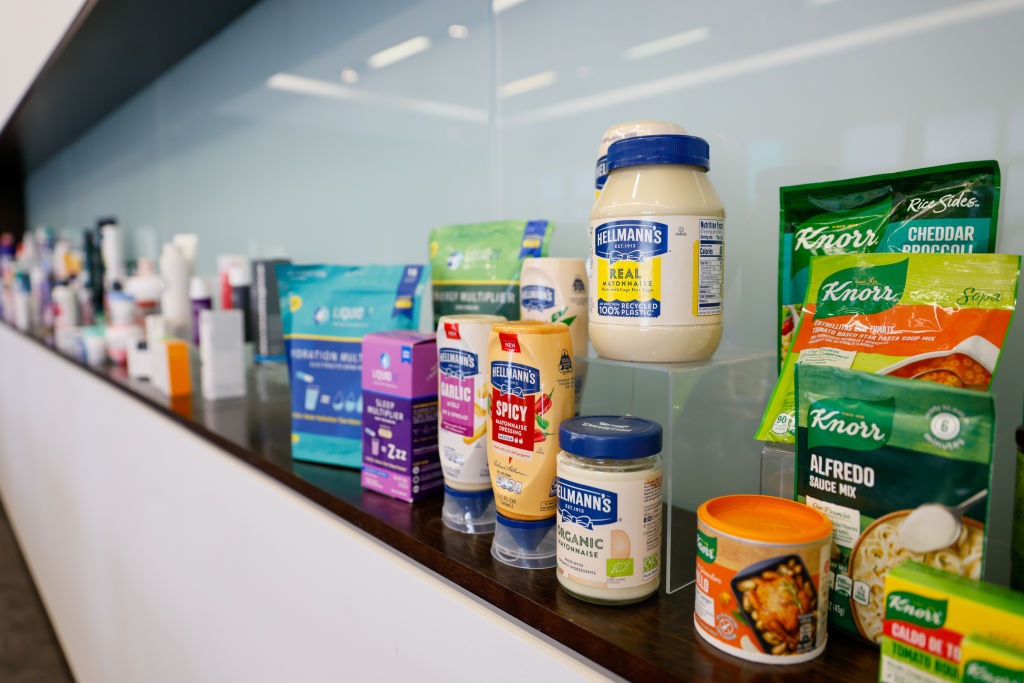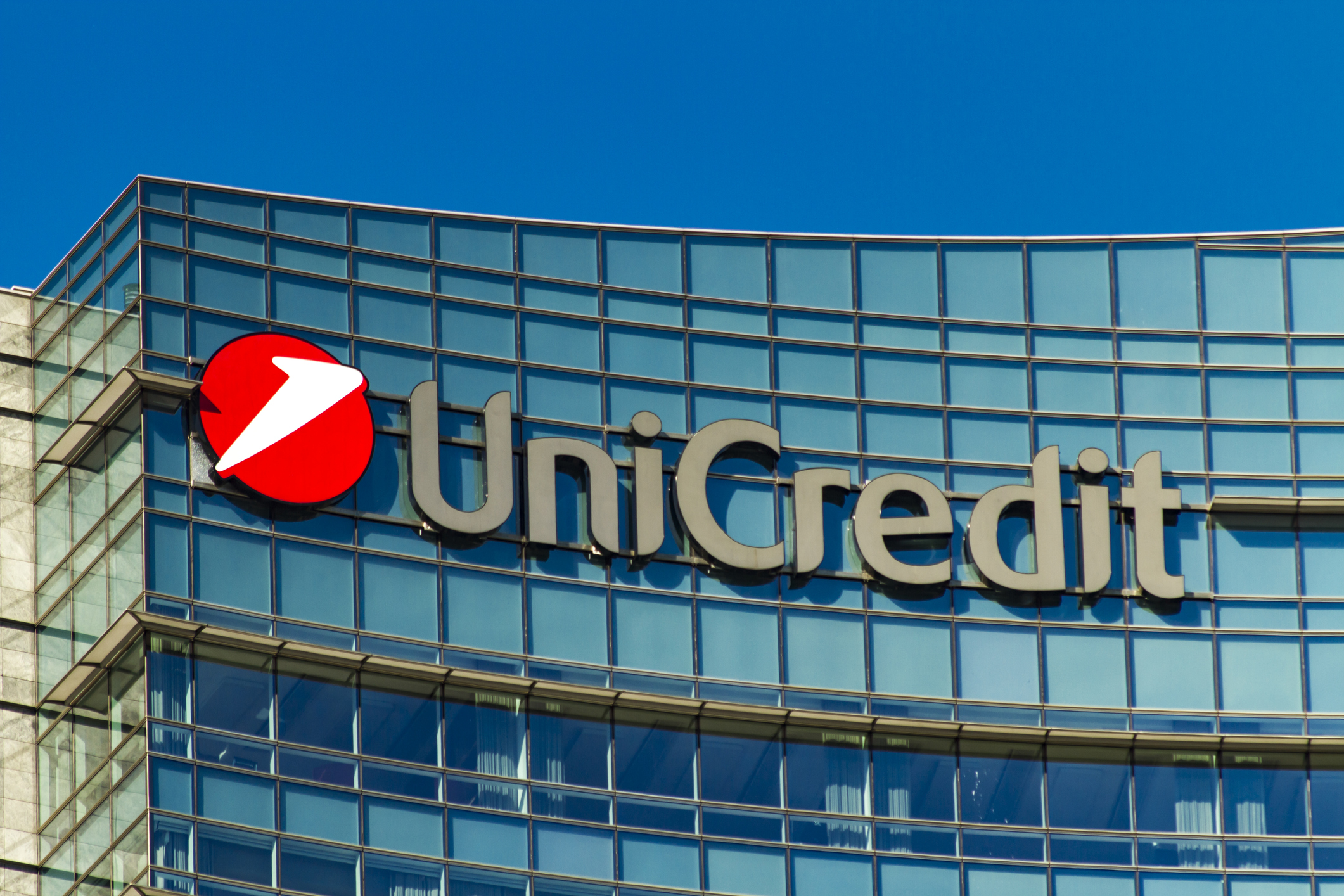
With the major U.S. stock markets struggling amid uncertainty surrounding the Trump administration's tariff policy, you may be asking yourself: Is it time to invest abroad? If you aren't, perhaps you should. Investors can find attractive opportunities by looking overseas at the best European stocks.
Even with the the S&P 500 down more than 4% for the year to date through March 31, it still trades at a lofty 20.7 times forward earnings. Compare this to the European stock market, which currently trades at a forward price-to-earnings (P/E) ratio of 14.3, as measured by the MSCI Europe Index.
In other words, European stocks present a better value compared to most U.S. stocks at the moment.
"We've had unprecedented growth in the U.S. stock market due to the proliferation of new technologies, which the U.S. has benefitted from disproportionately," says Chris Berkel, investment adviser and president of AXIS Financial in Edmond, Oklahoma.
But tides can change. While the U.S. has been the hottest commodity on the global stock market stage for most of this century, longer-term investors can remember "the 'lost decade' between 2000 and 2008, when the S&P was flat," Berkel says.
"During that time period, non-U.S. stocks essentially doubled, and headlines read, 'Is U.S. investing dead?'," he adds.
While U.S. investing is by no means dead, savvy investors know the key to successful long-term investing is diversification, diversification, diversification. And where better to look for that holy grail of investing than Europe?
"European stock markets are not all that different [from] their American counterparts, but they are sufficiently different to create alternative patterns, at least on a broad basis," says Angelo DeCandia, professor of business at Touro University, who specializes in finance. "And that's always the key to diversifying a portfolio."
And lots of folks expect European stocks will continue to do well this year.
"The recent strong performance has been driven by proposals from Germany to spend more on infrastructure and defense, and in doing so bypass the restrictions of the debt brake," says Goldman Sachs Research Senior Strategist Sharon Bell.
She adds that this is a major change for a region that "has historically been reluctant to spend to boost growth. In addition, some of the strong performance is because the fourth-quarter company earnings season was reasonably good for Europe."
How to find the best European stocks
The good news for U.S. investors is that the same rules apply to picking European stocks as they do when choosing the best stocks to buy here at home.
You want to find companies "with solid financials, strong management and (that) are competitive within their industries," says Derek Miser, investment adviser and CEO at Miser Wealth Partners in Knoxville, Tennessee. "Prior to investing, you should understand the market in which the company operates and review the stock's valuation and history."
The bad news is that gaining all of this information and insight may be easier said than done when investing abroad.
"Accessing data for the European market is not as immediate, especially for those investors who like to do a deep dive when performing their analytics," DeCandia says. "One solution could be to open an account with a European broker so that all the information we take for granted in the U.S. would then be available."
Of course, that information would probably be displayed in another currency – which points to a second challenge with investing abroad: currency exchange rates.
"Fluctuations in the currency exchange rates can impact the return of European stocks when converted back to U.S. currency," Miser says.
Another factor to consider is the political landscape in which the company operates.
"Regulatory environments and economic policies can impact European stocks differently than U.S. stocks," Miser says. "The diverse political landscape in Europe can introduce an investor to unique risks they may not feel in the U.S."
The key to choosing European stocks to buy is doing homework – lots of homework. It may not be easy, but if you do it right, the long-term rewards should be worth the effort.
The best European stocks to buy
To give you a jump-start on researching European stocks for your portfolio, consider these three top contenders:
Unilever

Unilever (UL) is a global consumer products maker that is based in the U.K. Its brands include Dove, Knorr and Hellmann's.
The consumer staples stock is up nearly 6% on a total return basis (price change + dividends) for the year to date, but Argus Research analyst Taylor Conrad calls this underperformance "a buying opportunity."
Conrad expects Unilever to benefit from new products, further expansion into emerging markets and productivity improvements.
"The company continues to refine its portfolio of brands to position itself for future growth, including the announcement of the separation of the Ice Cream business," she adds.
UL is also one of the best European stocks for income investors, having recently hiked its quarterly dividend by 6.1%. It now yields a healthy 3.3%.
UniCredit

UniCredit (UNCRY) is a commercial bank servicing customers across Italy, Germany and Eastern and Central Europe.
It has performed well on the price charts so far this year, generating a total return of more than 40%.
Despite its technical strength, the financial stock is still relatively cheap, trading at just 8.7 times forward earnings.
Analysts are overwhelmingly bullish toward UniCredit, as well. Of the 19 analysts following its European-listed shares that are tracked by S&P Global Market Intelligence, eight say the stock is a Strong Buy, six have it at Buy, four call it a Hold and one has it at Sell. This works out to a consensus Buy recommendation.
CFRA Research analyst Firdaus Ibrahim is one of those with a Buy rating on UniCredit.
"We see an improving fundamental outlook for UniCredit as it continues to deliver on cost efficiency and shifts to more lucrative products and capital-light activities," Ibrahim wrote in a March 28 note. "In addition, the extensive geographic diversification of UCG’s operations will continue to bolster its business profile, in our view."
AstraZeneca

AstraZeneca (AZN) is a global pharmaceutical company focused on developing innovative new medicines.
The company "has received multiple product approvals in recent months, including treatments targeting lung cancer, breast cancer, and lymphoma," says Argus Research analyst Jasper Hellweg.
Hellweg adds that European regulators have recommended the approval for lung and breast cancer treatments, while the U.S. Food and Drug Administration has granted Priority Review for regulatory applications on bladder and lung cancer drugs.
The analyst recently reiterated a Buy rating on AZN, citing expectations for strong top- and bottom-line growth and a recent 6.6% dividend hike.
As for its valuation, the health care stock is currently trading at 16.6 times forward earnings, below its five-year average of 18.6, according to Morningstar.







